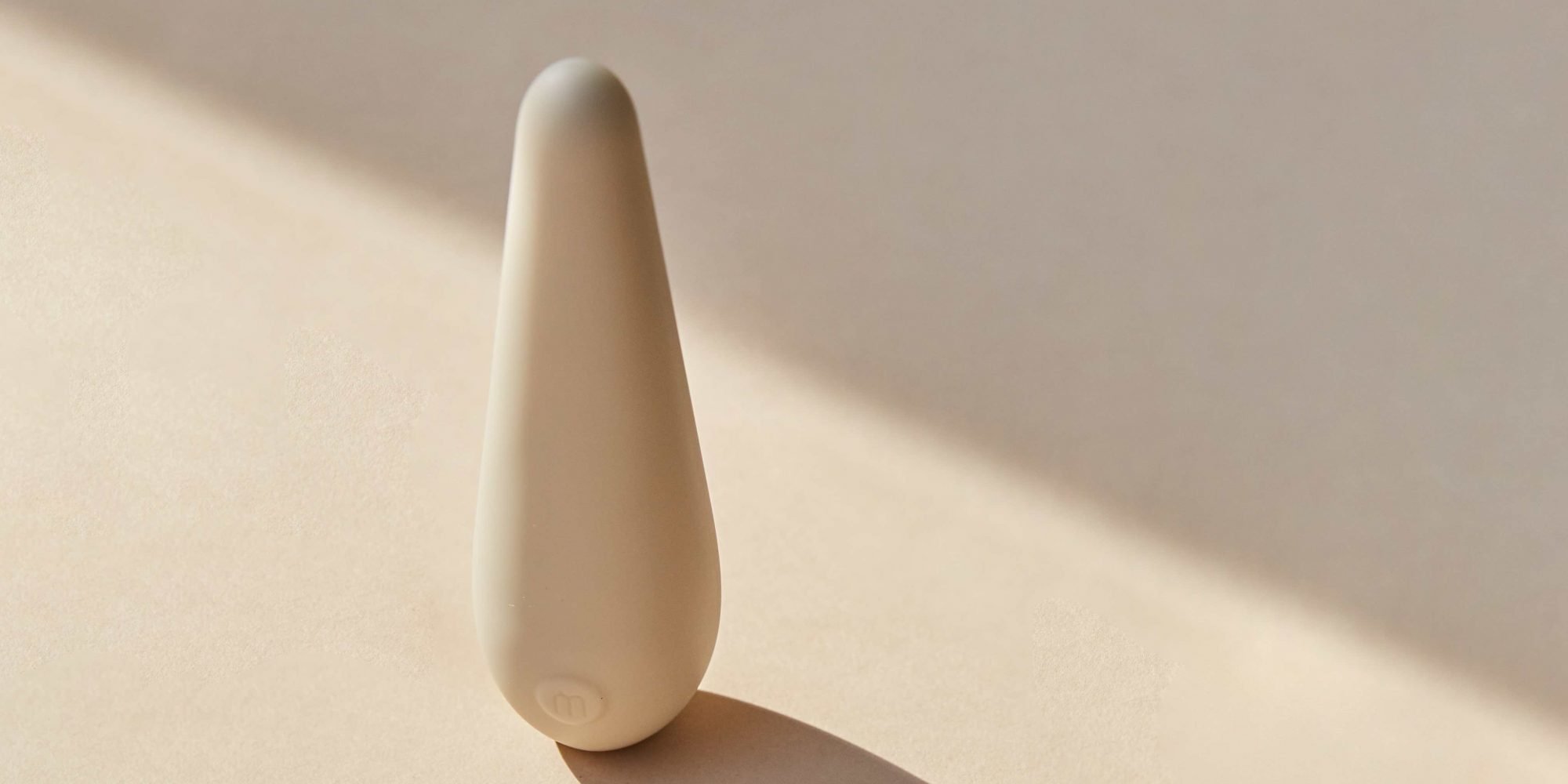
Startups Promote Sex Toys As The Latest Wellness Must-Haves
Before they became known as gadgets geared toward enhancing sexual pleasure and spicing up people’s sex lives, vibrators were primarily marketed as health and beauty devices. The earliest vibrators were advertised as treatments for everything from uterine disease and impotence to asthma, dandruff and watery eyes.
While vibrator manufacturers may no longer be making wild health claims, several modern sex toy startups are raising awareness of their products’ potential to improve sexual health as well as overall wellness. The positioning of sex toys as wellness tools is part of a larger movement among sexuality professionals to encourage pleasure as an integral component of health.
Maude, which sells lube, condoms, massage candles and a vibrator alongside beauty products like bath salts, doesn’t label its products toys. Like the vibrators of yesteryear, its vibrator is described as a “personal massager” and an online description heralds the product as an “essential.”
“We believe [calling sex products toys] devalues the purpose and need,” says Maude founder and CEO Eva Goicochea. “It’s estimated that 70% of women don’t orgasm during vaginal sex, meaning it’s completely normal and often needed for a vibrator to be used.”
Lioness, a smart vibrator that displays users’ masturbation sessions on an app, is available in healthcare clinics. Liz Klinger, the company’s CEO and founder, says, “Because the core product for Lioness is this ability to provide customers with information about themselves, it’s much easier to compare it to a fitness or sleep tracker rather than your typical sex toy.”
It was crucial to Klinger to market Lioness’s vibrator as a health product so that people come to consider sexual pleasure an important aspect of health. “Sexual pleasure is not only fun and pleasurable, it’s as fundamental to our health and wellbeing as eating, sleeping and breathing,” she says. She points out that problems with sexual functioning often can suggest larger health problems. Beyond that, sexual satisfaction affects people’s happiness.
“Sex is often a part of our best moments and part of our worst, which I think speaks to the power it has on our overall well-being,” concurs Alexandra Fine, co-founder of sex toy startup Dame Products. “Experiencing pleasure has so many benefits to our health and wellbeing. It decreases stress, improves our sleep habits, and helps us to build our relationships with our partners and ourselves.”
Numerous sexual health experts believe there’s a double standard between societal perspectives of male and female sexual health and view the promotion of sex toys for women as vehicles for confronting the double standard. When Dame Products was banned from advertising in New York City subways, the company argued for its right to do so by comparing its products to erectile dysfunction medications that were permitted to advertise.
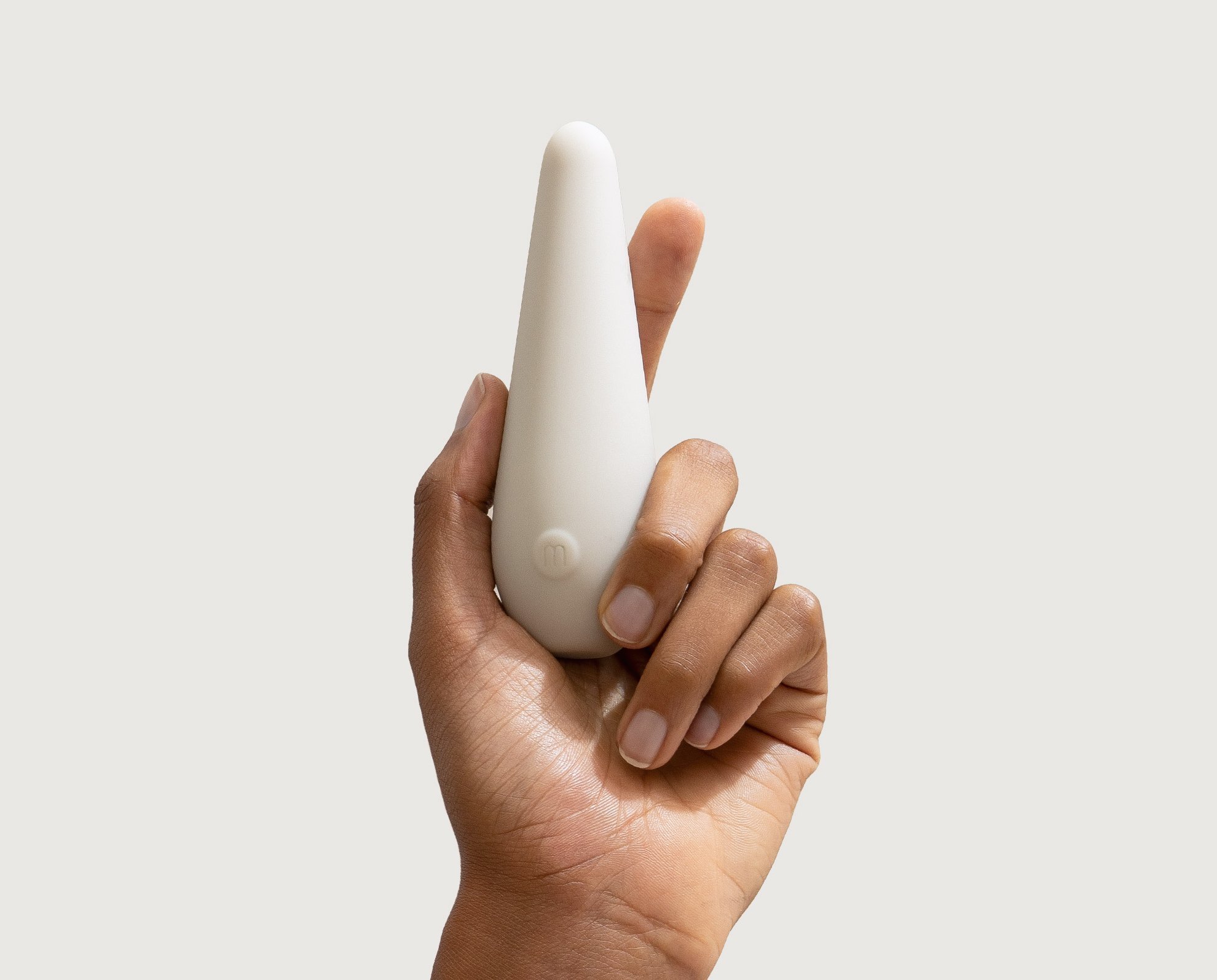
“Prescription medication is often the only ‘legit’ response to sex health issues for advertising and business gatekeepers,” says Fine. “Meanwhile, vibrators are regularly prescribed by doctors as a drug-free, affordable solution for low-libido, arousal disorders, and sexual function issues for those recovering from abuse, cancer and more.”
Encouraging women to take charge of their sexuality can help foster a culture of respect and consent, and combat sexual trauma and its effects on mental health, according to Melissa A. Vitale, founder of a namesake public relations agency specializing in sex-oriented campaigns. She says, “It’s universally accepted among sex industry professionals that pleasure and masturbation-forward, LGBTQIA-inclusive and science-backed sex education will decrease the rate of individuals having sex before they’re ready, reduce the number of unwanted pregnancies, reduce sexual violence and rape, and empower individuals in seeking pleasure, not just doing an act because it seems like the thing to do.”
The increasing evocation of wellness in sex toy marketing may stem from the boom of women-led sexual product startups. Many women have experienced firsthand how sexual repression, shame and misinformation can impact their health, says Good Vibrations resident sexologist Carol Queen. One way several sex toy companies, including Maude, Lioness, and Dame Products, are making health a component of their platforms is by publishing blogs with information about sexual health. Alicia Gauvin, executive director of the Center for Sexual Pleasure and Health (CSPH), sees their spread of information as a positive development. She says, “When The CSPH was founded 10 years ago, there were few places—sex toy companies or otherwise—talking about sexuality from the perspective of pleasure being a component of one’s health, despite the World Health Organization including it in their definition of sexual health.”
Gauvin continues, “For too long, the discourse around sexuality has been focused on negative health outcomes and harm reduction. The adult toy market represents a billion-dollar industry, putting them in a position where they have resources and a platform that has huge potential to shape adults’ perspectives of how we think and talk about pleasure as a part of our overall wellness.” She says touting sex toys as useful for health helps destigmatize them.
“Sexual pleasure is not only fun and pleasurable, it’s as fundamental to our health and wellbeing as eating, sleeping and breathing.”
However, Lisa Wade, professor of sociology at Occidental College, counters that medicalizing women’s sexuality by defining what’s sexually healthy or unhealthy could reinforce social norms. For example, sexual pleasure may not be a necessary element of health for asexual people and pushing the idea risks pathologizing them. Wade also takes issue with the depiction of products as medically compulsory for women.
“It implies that somehow women’s bodies need intervention, that they are incapable of experiencing pleasure on their own,” she says. “The idea that women would need some sort of device to get off is one of those mythologies that contributes to the idea that women’s bodies are inherently less functional sexually. So, I think this advertising is a double-edged sword. It’s trying to destigmatize female sexual pleasure, but, at the same time, it’s suggesting that women’s bodies are not sufficient all on their own, that they need some help and are somehow broken.”
Another possible problem with marketing sex products as health aids is that the sex toy market is largely unregulated, emphasizes Gauvin. “Unless a product is specifically classified as an obstetrical or gynecological therapeutic medical device, it is not subject to FDA regulation,” she explains. “This allows manufacturers to release their product into the market often categorized as for novelty use without having done any research into the potential harm it could cause to the consumer.” For example, there are sex toys constructed out of potentially toxic materials or allergens. Claiming such products will improve health could be misleading.
It’s possible that the spotlight on health could undercut the importance of pleasure for its own sake. “Cultural attitudes toward women and femininity are still much more comfortable in the ‘wellness, wellbeing, self-help, helping profession’ zone than in the ‘sexy sex’ zone in spite of the many gains of sex-positive feminism,” says Queen. “The message sometimes hews closer to ‘you need this for your health’ than sexual freedom and pleasure-is-your-birthright messages. Health-focused messages are an adjunct to sex-positive messages, but they are not a substitute for them.”
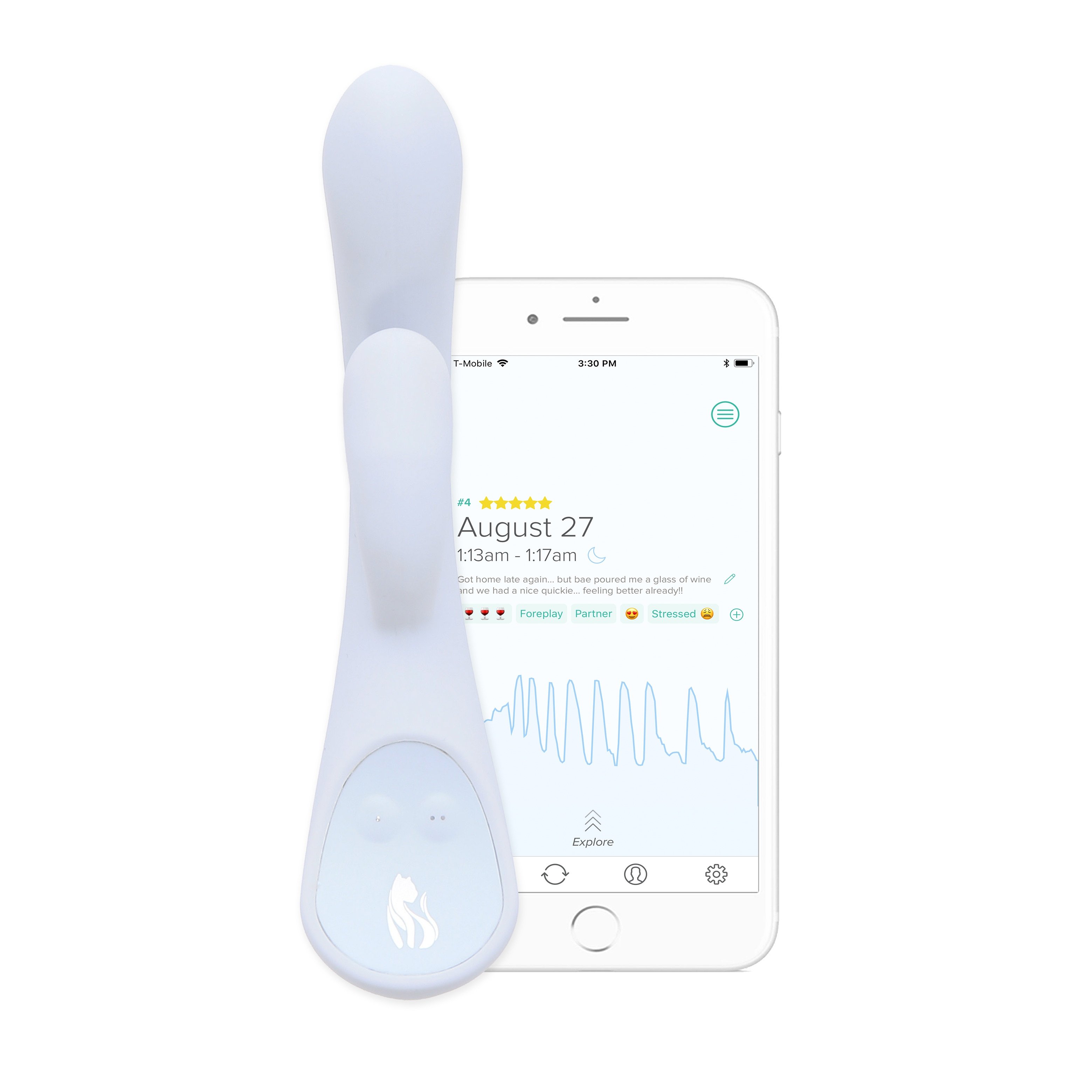
However, given the remaining widespread discomfort with sex, it may be valuable to meet people at their comfort level, acknowledges Queen. Anne Hodder-Shipp, a sex educator, agrees, saying, “Shifting to the sexual wellness angle has opened up the conversation to a broader audience and made these items feel more accessible to end users who otherwise may not have even considered reading about a sex toy, let alone buying or trying one. This also has helped the conversation enter mainstream media, which notoriously limits sex-related content.”
With large swaths of people getting sex education from porn, any accurate and sex-positive source of sex education is worth promoting, emphasizes Queen. She says, “We need to call out problematic messages and be glad when positive messaging gets through, even in ads.”
KEY TAKEAWAYS
- More and more sex toy companies, particularly startups, are positioning themselves as wellness brands.
- The sex toys companies’ founders as well as other industry professionals and sex educators believe the marketing move can help people understand the role sex plays in wellness.
- Because women’s sexuality has traditionally been undervalued, some see the promotion of sex toys geared toward women as wellness items as a way to even the playing field.
- There may be downsides to the marketing decision such as the potential for misleading claims, the implication that women need to buy products to achieve sexual health, and the de-emphasis on pleasure as a goal in of itself. However, it also may help sex products and sex education reach people it wouldn’t otherwise reach.

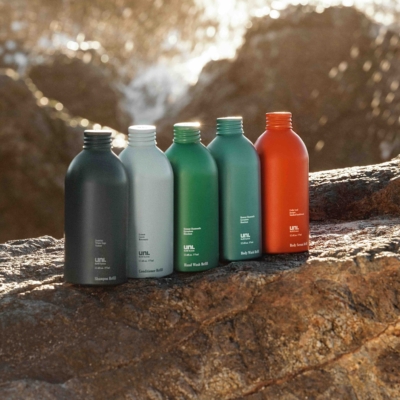
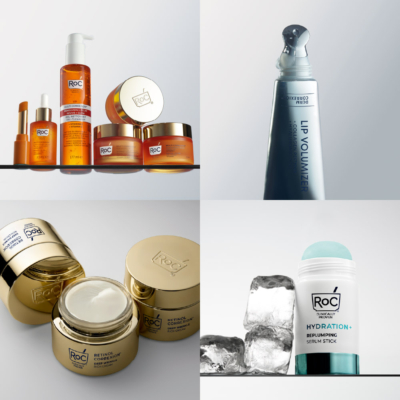


Leave a Reply
You must be logged in to post a comment.